Long-distance running can help you stay in shape, clear your mind, and improve your mood and cardiovascular health. If running is your exercise of choice, you should also know how to fuel yourself adequately. Those that plan on going the distance benefit from a well-planned nutrition schedule. The right nutrition is the foundation for many different physical activities, providing crucial support for your muscles, joints, and bones, and it is critically important for running. If you’re not sure where you should begin with your nutrition plan, we’ve laid out some of the basics for you to help get started.
Prioritize the Key Nutrients
All long-distance runners should focus on three types of nutrients: protein, carbohydrates, and fat. Protein is important for running because it is essential for the growth and maintenance of all tissues in the body, including muscles. It is also necessary for the repair of damaged tissues. Carbohydrates provide the body with the energy it needs to sustain itself during extended periods of physical activity. Eating foods high in healthy fats can help keep your endurance and energy levels up so that you can run for longer periods. They can also protect your muscles from damage or injury during strenuous exercise. By forming a diet that’s molded by these pillar nutrients, you’ll be able to take your running game to the next level.
Get the Right Vitamins and Minerals
Vitamins and minerals play a crucial role in helping runners by providing the body with the nutrients it needs for energy, recovery, and overall health. Foods rich in iron, calcium, and vitamin D are great choices for runners. Iron is a mineral that is essential for many functions in the body, including the transport of oxygen in the blood. Oxygen is important for exercise because it is used by the muscles to produce energy. Calcium helps by providing the body with the energy it needs to sustain muscle contractions. When calcium levels in the blood are low, muscles cannot contract as efficiently and a runner that is deficient may experience cramping. Vitamin D aids in the absorption of calcium, which is necessary for proper muscle function. Additionally, vitamin D has been shown to improve athletic performance and reduce recovery time from exercise.
Protein
Protein will build your muscles up and strengthen you for your next run. Eat lean meats and protein-rich foods like chicken, fish, beans, eggs, and quinoa. You could also try including protein powder to fill any gaps in your protein intake. Eating protein after your run increases your insulin and glycogen levels, which boosts muscle recovery.
Carbohydrates
Carbohydrates will keep your body’s energy full and ready to support you when you go running. Healthy carbohydrates can be found in bread, pasta, grains, potatoes, fruit, other natural sugars, and dairy products. Most of your diet should center on carbohydrates and should be eaten before a run as your primary energy source.
Fats
A decent amount of healthy fats will keep your body energized for running exercises. Many protein-filled foods are also good sources of fat. These include chicken, red meat, nuts, and butter. Oily ingredients and food can be consumed, as well. Fish, coconut oil, and olive oil are accessible and popular choices. Fats can be eaten before and after a run, but keep in mind that they should be spaced out from the activity as eating too much can bloat you and slow you down.
Other Foods
Here are some tips to cover your vitamins and minerals: lean meats, legumes, and kale are healthy suppliers of iron. Eat yogurt, almonds, sardines, or tofu to fill your calcium needs. Round it out with eggs, tuna, and salmon to cover vitamin D requirements. Some other key fruits and vegetables include berries, fruits with pits, beets, sweet potatoes, and bell peppers. These foods are filled with antioxidants that prevent soreness and injuries, as well as round out a healthy diet. Avoid fruits or vegetables that are high in fiber right before a race as their increased digestive power could also increase bathroom breaks.
Hydration
If you want to keep running, keep hydrating. It is critical to drink plenty of fluids before, during, and after exercise to help maintain proper hydration levels. Drinking fluids helps to maintain blood volume, prevent dehydration, and keep the body cool. Hydrate in moderation, as too much or too little, can slow you down. Listen to your body; if you need to drink, it will tell you. Balance water with electrolyte-rich drinks to keep your sodium at healthy levels."
"Long-distance running can help you stay in shape, clear your mind, and improve your mood and cardiovascular health. If running is your exercise of choice, you should also know how to fuel yourself adequately. Those that plan on going the distance benefit from a well-planned nutrition schedule. The right nutrition is the foundation for many different physical activities, providing crucial support for your muscles, joints, and bones, and it is critically important for running. If you’re not sure where you should begin with your nutrition plan, we’ve laid out some of the basics for you to help get started.
Prioritize the Key Nutrients
All long-distance runners should focus on three types of nutrients: protein, carbohydrates, and fat. Protein is important for running because it is essential for the growth and maintenance of all tissues in the body, including muscles. It is also necessary for the repair of damaged tissues. Carbohydrates provide the body with the energy it needs to sustain itself during extended periods of physical activity. Eating foods high in healthy fats can help keep your endurance and energy levels up so that you can run for longer periods. They can also protect your muscles from damage or injury during strenuous exercise. By forming a diet that’s molded by these pillar nutrients, you’ll be able to take your running game to the next level.
Get the Right Vitamins and Minerals
Vitamins and minerals play a crucial role in helping runners by providing the body with the nutrients it needs for energy, recovery, and overall health. Foods rich in iron, calcium, and vitamin D are great choices for runners. Iron is a mineral that is essential for many functions in the body, including the transport of oxygen in the blood. Oxygen is important for exercise because it is used by the muscles to produce energy. Calcium helps by providing the body with the energy it needs to sustain muscle contractions. When calcium levels in the blood are low, muscles cannot contract as efficiently and a runner that is deficient may experience cramping. Vitamin D aids in the absorption of calcium, which is necessary for proper muscle function. Additionally, vitamin D has been shown to improve athletic performance and reduce recovery time from exercise.
Protein
Protein will build your muscles up and strengthen you for your next run. Eat lean meats and protein-rich foods like chicken, fish, beans, eggs, and quinoa. You could also try including protein powder to fill any gaps in your protein intake. Eating protein after your run increases your insulin and glycogen levels, which boosts muscle recovery.
Carbohydrates
Carbohydrates will keep your body’s energy full and ready to support you when you go running. Healthy carbohydrates can be found in bread, pasta, grains, potatoes, fruit, other natural sugars, and dairy products. Most of your diet should center on carbohydrates and should be eaten before a run as your primary energy source.
Fats
A decent amount of healthy fats will keep your body energized for running exercises. Many protein-filled foods are also good sources of fat. These include chicken, red meat, nuts, and butter. Oily ingredients and food can be consumed, as well. Fish, coconut oil, and olive oil are accessible and popular choices. Fats can be eaten before and after a run, but keep in mind that they should be spaced out from the activity as eating too much can bloat you and slow you down.
Other Foods
Here are some tips to cover your vitamins and minerals: lean meats, legumes, and kale are healthy suppliers of iron. Eat yogurt, almonds, sardines, or tofu to fill your calcium needs. Round it out with eggs, tuna, and salmon to cover vitamin D requirements. Some other key fruits and vegetables include berries, fruits with pits, beets, sweet potatoes, and bell peppers. These foods are filled with antioxidants that prevent soreness and injuries, as well as round out a healthy diet. Avoid fruits or vegetables that are high in fiber right before a race as their increased digestive power could also increase bathroom breaks.
Hydration
If you want to keep running, keep hydrating. It is critical to drink plenty of fluids before, during, and after exercise to help maintain proper hydration levels. Drinking fluids helps to maintain blood volume, prevent dehydration, and keep the body cool. Hydrate in moderation, as too much or too little, can slow you down. Listen to your body; if you need to drink, it will tell you. Balance water with electrolyte-rich drinks to keep your sodium at healthy levels.
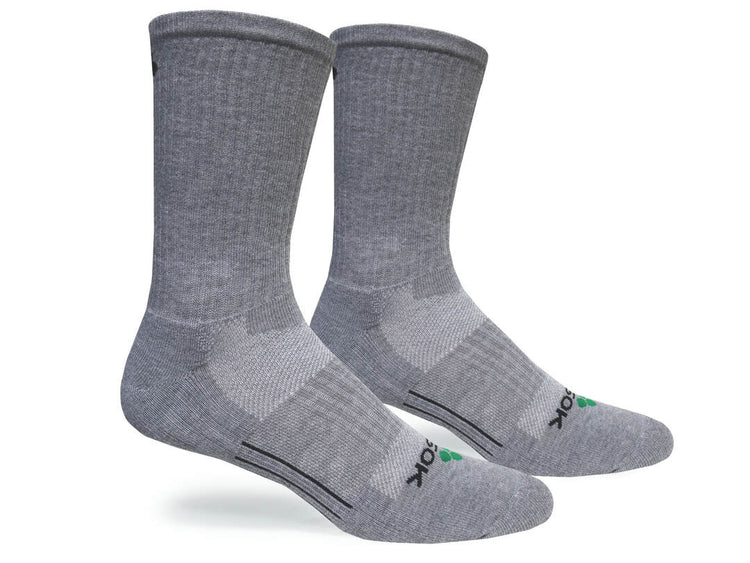
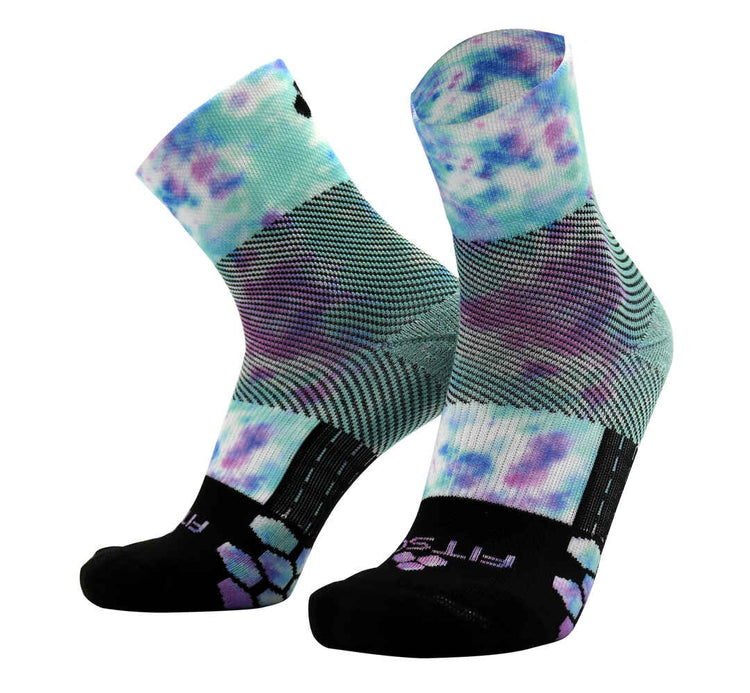
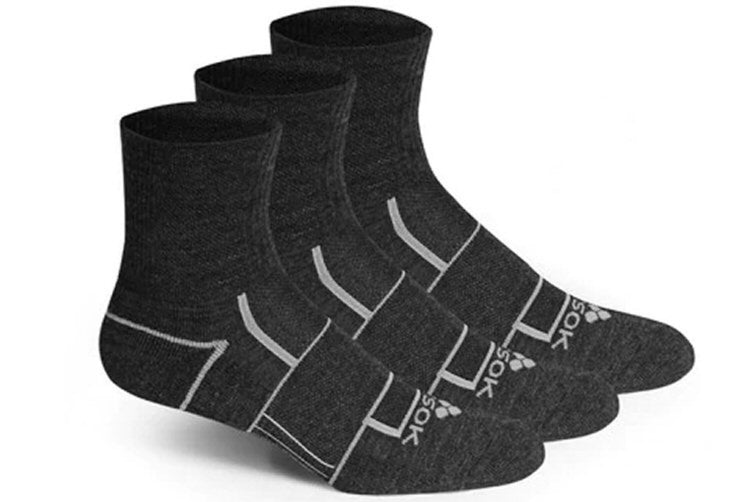

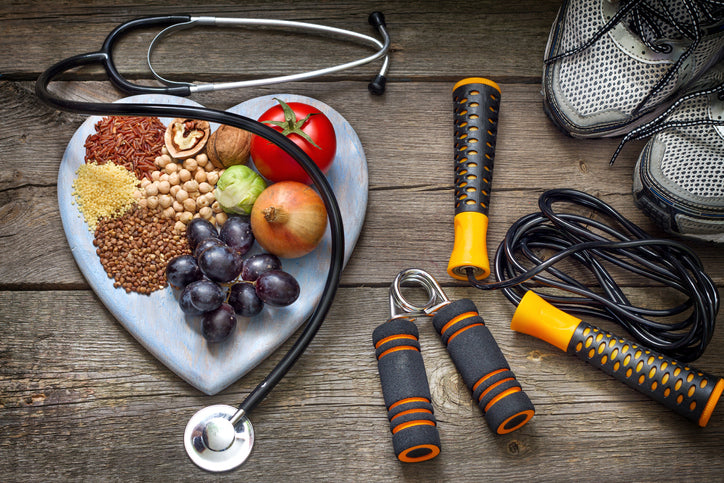

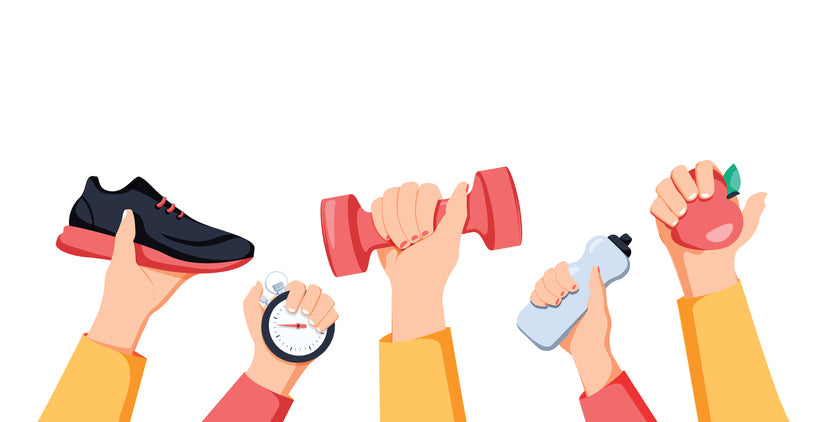
Leave a comment
This site is protected by hCaptcha and the hCaptcha Privacy Policy and Terms of Service apply.